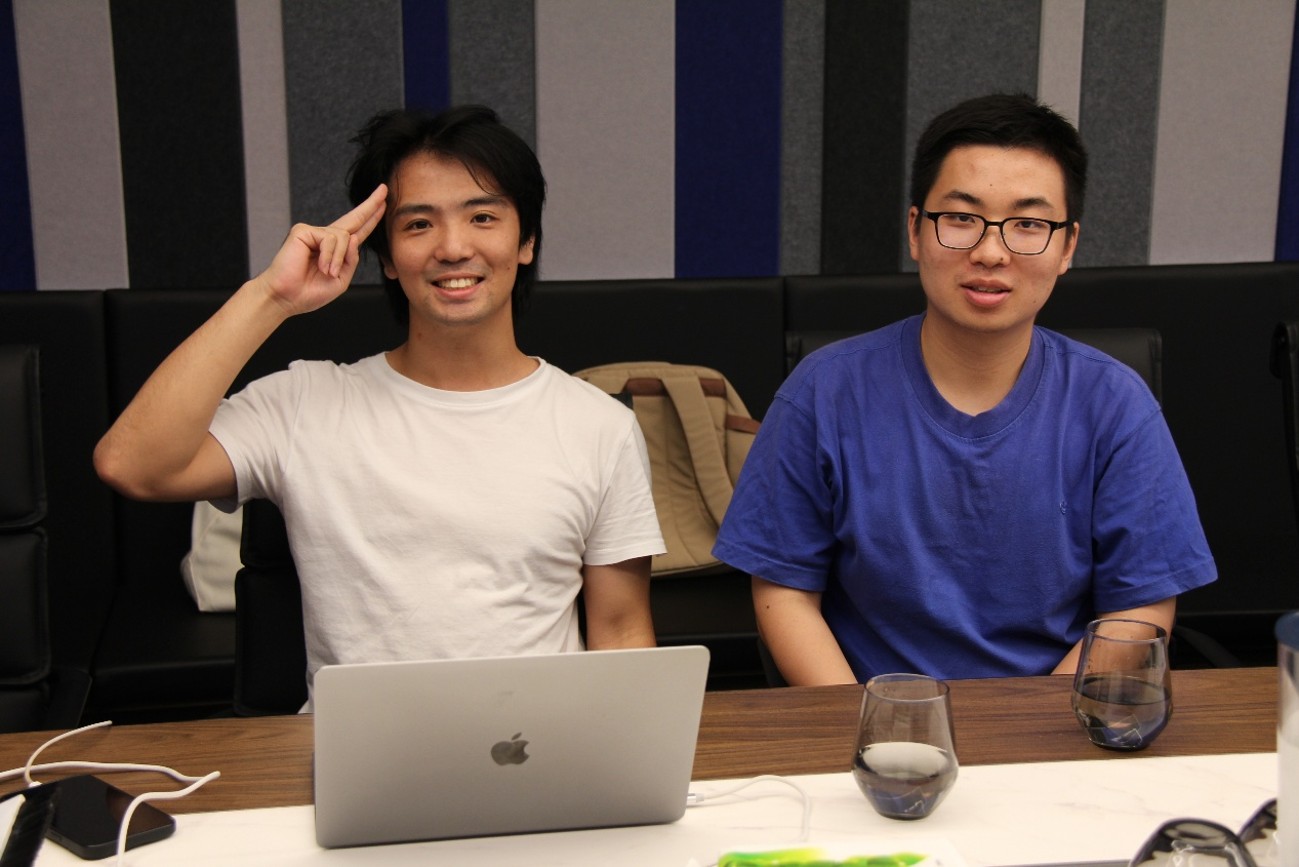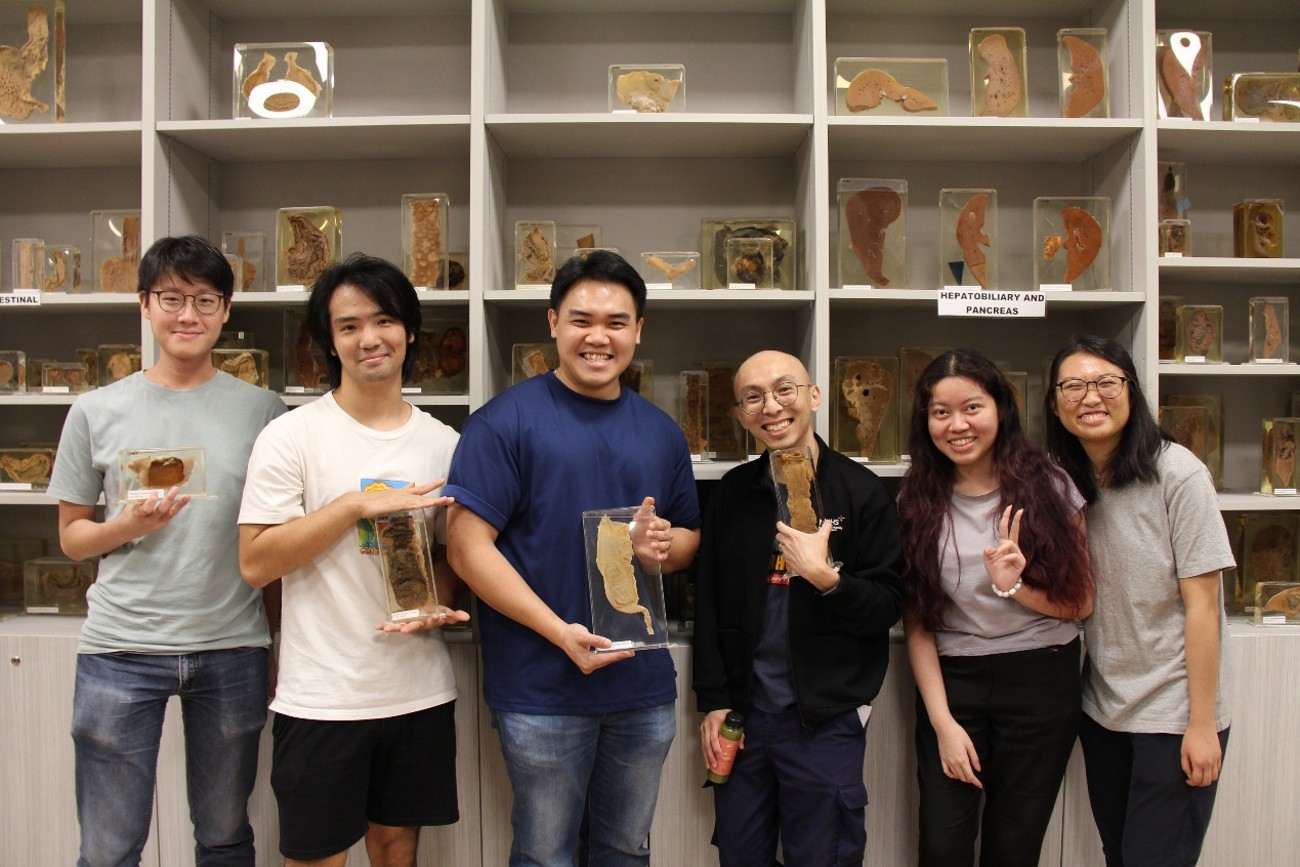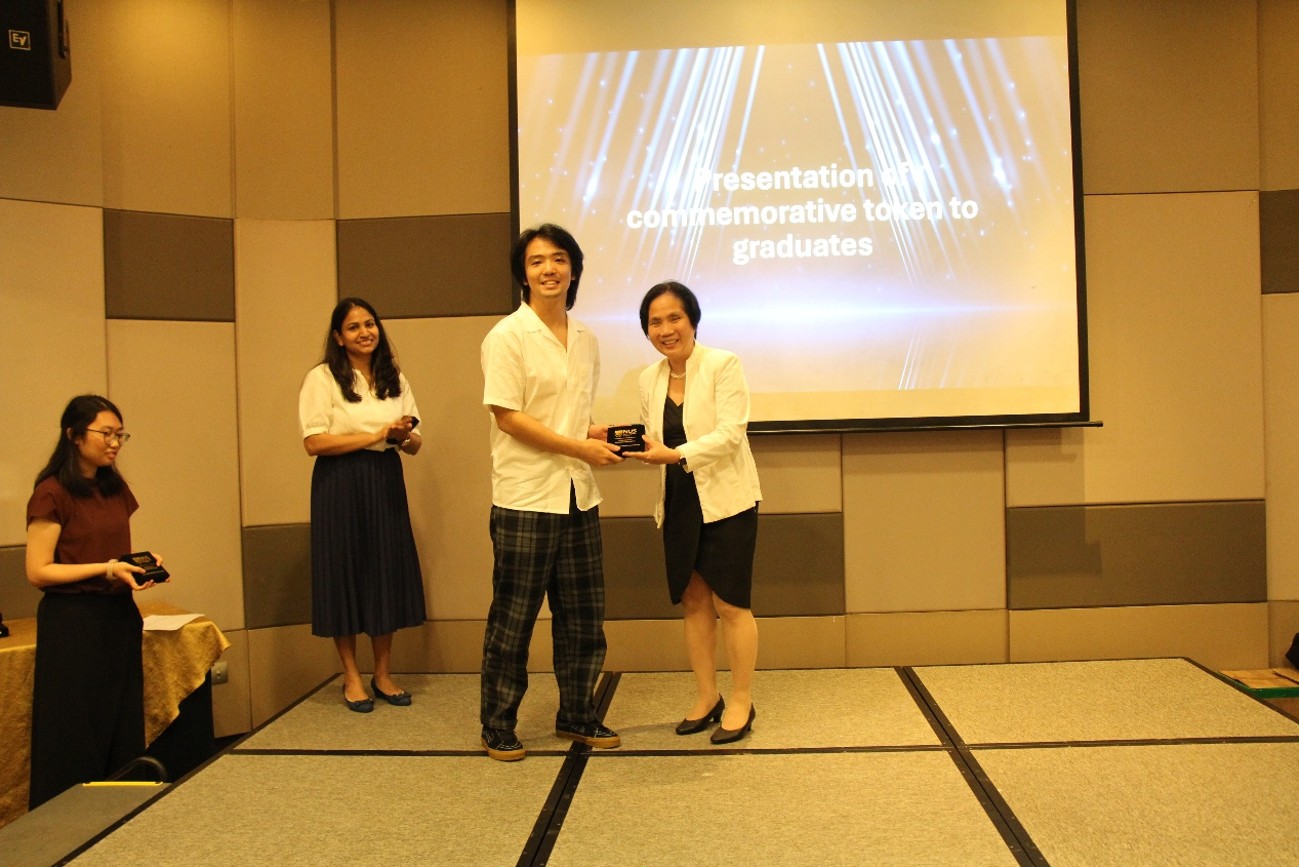From Athlete to PhD: Powered by Precision Health
22 May 2025
For Bruce Song Mingyang, the transition from professional athlete to academic researcher was far from conventional. It was a journey powered by curiosity, sharpened by international experience in sports science, and ultimately propelled forward by the MSc in Precision Health and Medicine (MScPHM)—a programme designed to bridge the gap between data science, clinical insight, and personalized healthcare.
Preparation for the PhD journey ahead
Today, Bruce is preparing to embark on a PhD at the National Institute of Education (NIE), Nanyang Technological University (NTU), Singapore, ranked 8th globally for Education & Training (QS World University Rankings by Subject 2025). His research will explore "Mechanisms of Exercise Combined with Cognitive Interventions for Electronic Addiction Behaviours"—a frontier that merges neuroscience, exercise physiology, and digital health. But this opportunity, Bruce emphasizes, would not have been possible without the MScPHM.

The Athlete's Question: Can Exercise Be a Precision Therapy?
Bruce's academic journey began long before the MScPHM, rooted in personal experience. As a professional athlete and later a student of sports science in China and the UK, he grew increasingly fascinated by exercise's therapeutic potential. Could physical activity be used as a targeted intervention for modern health challenges?
That question gained urgency when he witnessed the limitations of traditional sports medicine practices in China. In one particularly pivotal case, a promising young athlete was forced into early retirement due to recurring knee injuries—injuries that might have been preventable had the treatment considered individual biomechanical and genetic differences.
Enter the MScPHM: Where Curiosity Meets Capability
The MScPHM programme became the bridge between Bruce's professional background and academic ambitions. With its interdisciplinary curriculum, the programme provided exposure to cutting-edge areas such as multi-omics analysis, bioinformatics, and machine learning, all tailored to solving real-world health challenges.
Courses like Precision Biomarkers opened his eyes to how DNA methylation patterns and epigenetic markers could explain why two athletes respond differently to the same training regimen. His coursework didn't just teach theory—it gave him tools to work with real data and build predictive models, such as using wearable device data to forecast athlete fatigue and injury risk.

Building a Profile That Gets Noticed
The MScPHM did more than just impart technical skills. It helped Bruce develop a rare ability to communicate across disciplines—a vital asset in today's collaborative research environment. When he interviewed for the PhD at NTU, the panel specifically cited his fusion of sports science knowledge and precision health techniques as a decisive factor in their selection.
Advice to Future Trailblazers
For students considering the MScPHM, Bruce offers this advice: "Come with an open mind and be ready to challenge your assumptions. The programme is designed to make you think differently, to see connections where others see silos. Whether you're a clinician, scientist, or like me, from a non-traditional background, the MScPHM will equip you with the tools to make a real impact."
As Bruce prepares for his PhD journey, he carries forward the lessons learned at NUS: that precision medicine is not just about technology—it's about reimagining how we approach human health, one individual at a time.

About the student
Student: Mr Bruce Song Mingyang
Programme: 2024 MScPHM without Capstone

